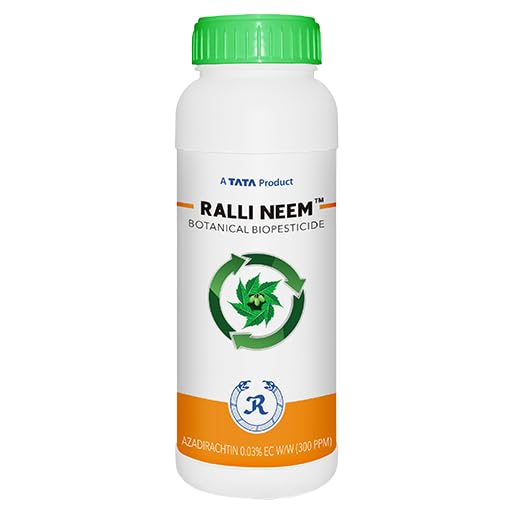Harnessing the Power of Harpin Peptides: A Game-Changer for Indian Farmers
Share
India, known as the land of diverse agriculture, is no stranger to the challenges faced by its farmers. With unpredictable climate patterns, relentless pests and diseases, and the ever-pressing need to feed a growing population, Indian farmers require innovative and sustainable solutions. Enter harpin peptides, a class of proteins produced by certain bacterial plant pathogens, offering a ray of hope and revolutionizing crop protection practices.
The Magic of Harpin Peptides
Harpin peptides have emerged as a remarkable discovery in the realm of plant protection. These proteins are potent inducers of a broad-spectrum immune response in plants, effectively safeguarding them against a wide range of adversaries, including bacterial, fungal, and viral threats. Their versatility shines through in their various application methods: foliar sprays, soil drenching, and seed treatment. Typically, harpin peptides are applied at low doses and can complement other pesticides or biological control agents.
Defending Against Diverse Threats
-
Bacterial Diseases: Harpin peptides exhibit remarkable efficacy against bacterial diseases such as bacterial leaf streak of rice, bacterial spot of tomato, and fire blight of apple.
-
Fungal Diseases: These peptides aren't limited to bacteria; they also combat fungal diseases like powdery mildew, early blight of tomato, and late blight of potato.
-
Viral Diseases: Harpin peptides have demonstrated effectiveness against viral diseases like tobacco mosaic virus and cucumber mosaic virus.
-
Nematodes: Root-knot nematodes and lesion nematodes are no match for the protective powers of harpin peptides.
-
Insects: Certain insects, including aphids and whiteflies, find themselves repelled by harpin peptides.
Growth Boosters for Plants
Beyond their disease-fighting capabilities, harpin peptides contribute to plant growth and vigor. They induce the production of plant hormones and other growth factors, ensuring healthier, more robust crops.
A Sustainable Solution for Indian Agriculture
Harpin-based products, such as Harpine ABA, Harpine Beta, Harpine-N, Bio-Forge, and Elicitin, have captured the attention of Indian farmers. These products, typically applied as foliar sprays or soil drenches, are suitable for a wide range of crops, including vegetables, fruits, nuts, and ornamentals.
Addressing Indian Farming Challenges
Indian agriculture faces numerous challenges, from climate change impacts to pest and disease pressures. Harpin-based products come to the rescue:
-
Drought and Salinity Stress: These products offer protection against stressors, ensuring crop resilience.
-
Reduced Pesticide Dependency: By reducing the need for traditional pesticides, they safeguard beneficial insects and prevent soil and water contamination.
-
Affordability: Their relative affordability makes them accessible to smallholder farmers, who play a vital role in India's food production.
A Bright Future for Indian Agriculture
While challenges like awareness and cost remain, the future of harpin-based products in Indian agriculture is exceedingly promising. Their potential impacts are manifold:
-
Increased Crop Yields: Protecting crops from diseases and pests enhances productivity, especially for resource-constrained smallholder farmers.
-
Reduced Input Costs: Fewer pesticides mean more resources for essential inputs like fertilizer and irrigation.
-
Improved Food Security: Easier production of safe, nutritious food is crucial for India's growing population.
-
Sustainable Agriculture: Harpin-based products contribute to environmentally friendly farming practices.
The Path Ahead
The potential of harpin peptides is drawing significant attention from both commercial and academic sectors. Companies like Novozymes and Isagro are investing in developing new products to combat various agricultural challenges.
Moreover, academic research on harpin peptides is expanding our understanding of their applications and benefits. These proteins are poised to reshape the agricultural landscape, ensuring a more sustainable, productive, and secure future for Indian farming.
As the market for harpin-based products grows, Indian farmers have a powerful ally in their quest to meet the nation's food needs while preserving the environment and their own livelihoods. The magic of harpin peptides holds the key to a brighter, greener future for Indian agriculture.















